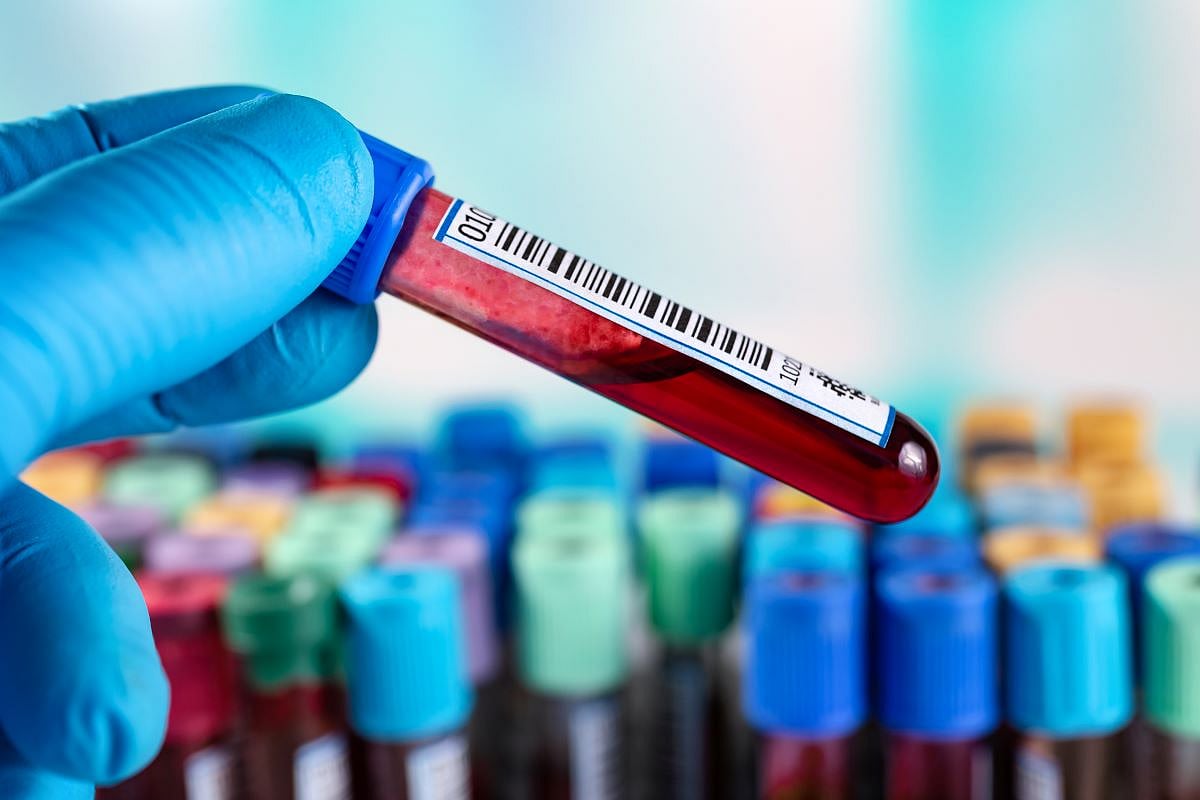Get Healthy!

- Dennis Thompson
- Posted December 3, 2024
New Hope Against a Tough-to-Treat Leukemia in Adults
A newly approved immunotherapy can help adults with a difficult-to-treat form of leukemia, clinical trial results show.
Aucatzyl (obecabtagene autoleucel) worked on more than three-quarters (76%) of patients with B-cell acute lymphoblastic leukemia (ALL), and more than half (55%) went into remission, according to results published recently in the New England Journal of Medicine.
Based on these results, the U.S. Food and Drug Administration approved Aucatzyl for adults with this form of leukemia in November.
“Patients with B-cell ALL need effective standalone treatment options, and [Aucatzyl] demonstrated strong long-term efficacy and response rates,” said lead U.S. investigator Dr. Elias Jabbour, a professor of leukemia with the University of Texas MD Anderson Cancer Center.
This form of leukemia affects the development of B-cells, white blood cells made in the bone marrow that help the body fight off infections, according to the Leukemia Research Foundation.
The cancer causes the bone marrow to churn out abnormal, immature B-cells called lymphoblasts. These abnormal B-cells build up in the bone marrow and spill over into the blood, causing them to quickly spread to other areas of the body.
About 75% of adults with ALL have the B-cell ALL subtype, according to the LRF. Their five-year survival rate is around 40%.
Aucatzyl is a chimeric antigen receptor (CAR) T-cell therapy, a type of therapy that uses genetic modification to train the immune system’s T-cells to detect cancer. The T-cells then trigger other parts of the immune system to seek and kill the cancer.
With Aucatzyl, a person’s T-cells are taught to look for CD19, a protein commonly found on the surface of cancerous B-cells.
For this study, researchers treated 127 adults who had either relapsed B-cell ALL or whose cancer was not responding to other therapies.
All patients received chemotherapy to eliminate their existing T-cells, and then received Aucatzyl in two doses on days one and 10 of treatment.
Among the 99 patients who responded to Aucatzyl, only 18 went on to require a stem cell transplant while in remission, results show. These transplants took place an average of 101 days after they were infused with the CAR T-cell therapy.
There was no significant difference in survival between patients who got a stem cell transplant and those who didn’t, suggesting that Aucatzyl produces a long-lasting response, researchers said.
Further, 68 high-risk patients achieved complete remission following their treatment. Of those, 58 patients had no cancer cells to be found in their blood.
“Until now, these patients had limited treatment options,” Jabbour said in a MD Anderson news release. “We observed minimal immunotoxicity and a strong persistence of CAR T-cells, which support [Aucatzyl] being the standard of care for this population.”
The study was funded by Aucatzyl’s developer, Autolus Therapeutics. Jabbour will present additional findings next week at the annual meeting of the American Society of Hematology.
More information
The Leukemia Research Foundation has more on B-cell acute lymphoblastic leukemia.
SOURCE: University of Texas MD Anderson Cancer Center, news release, Nov 27, 2024





